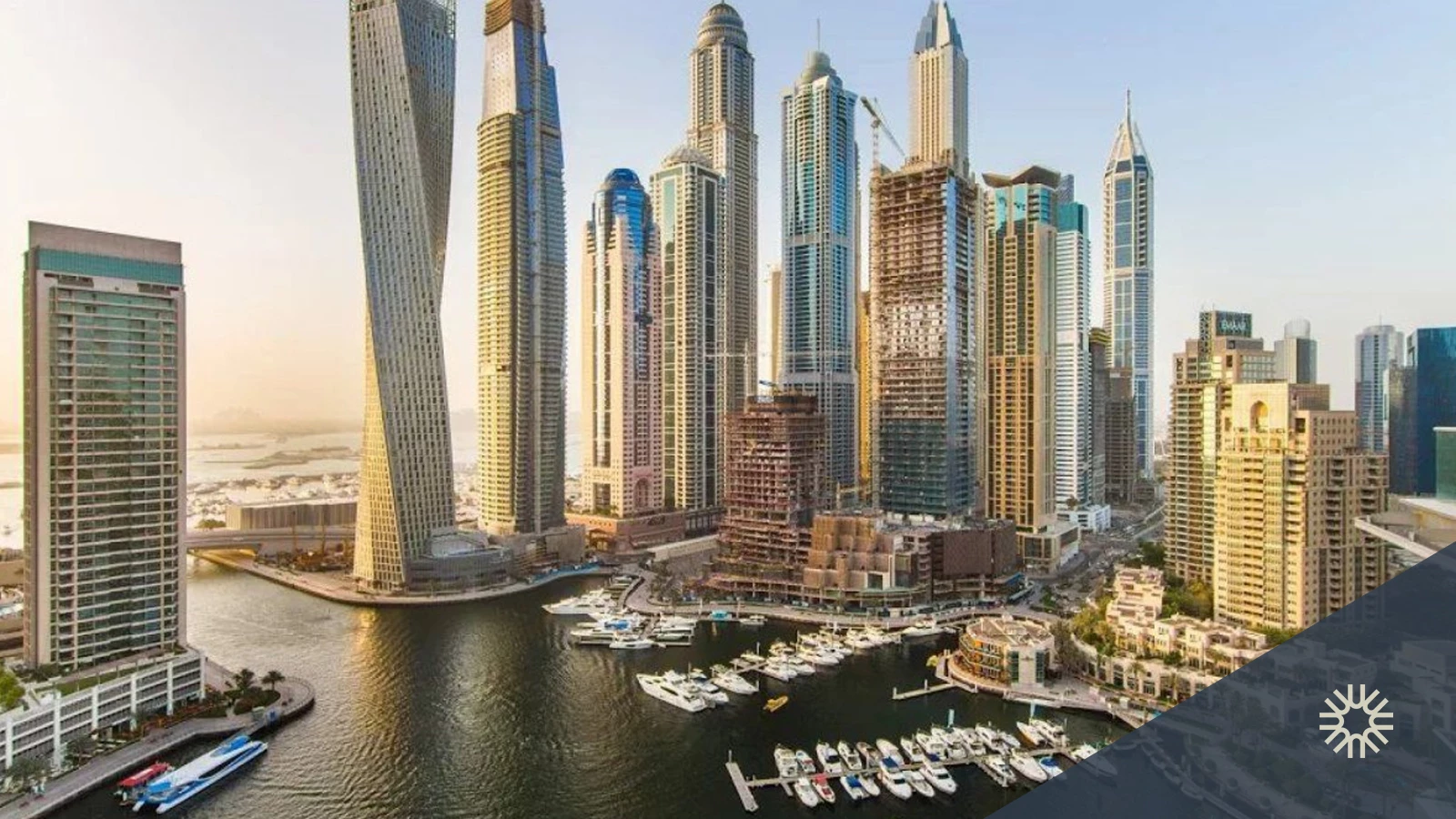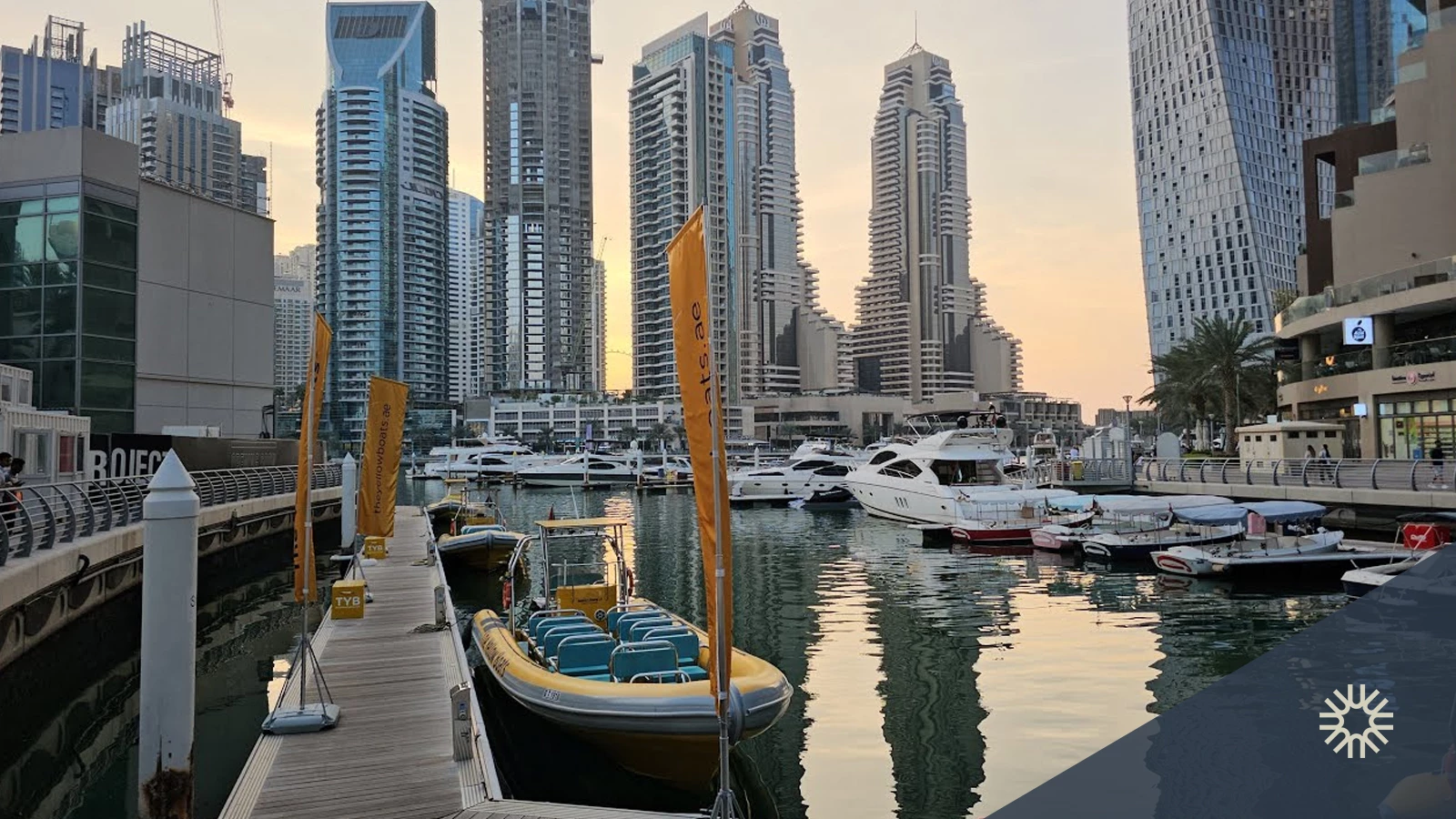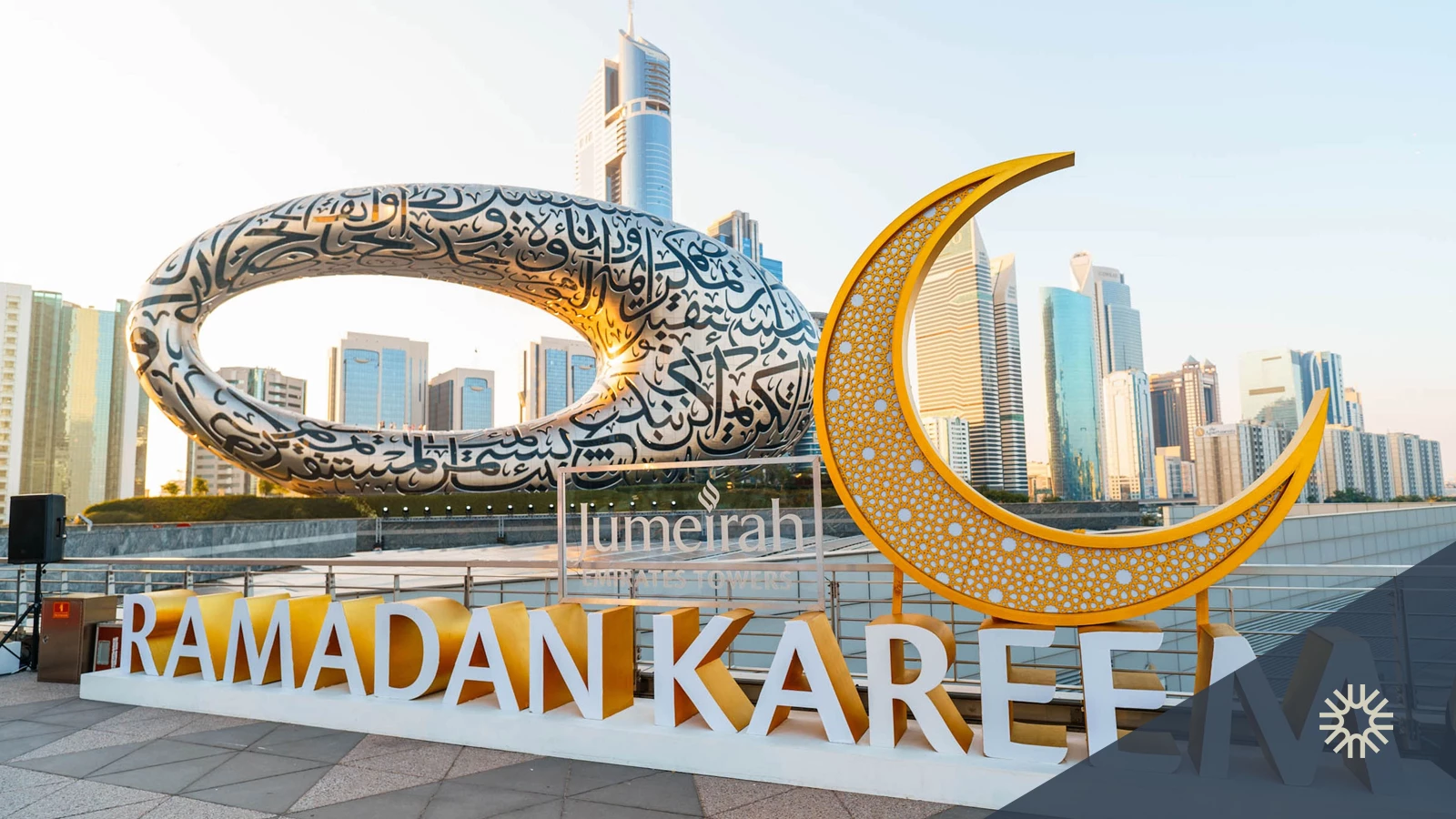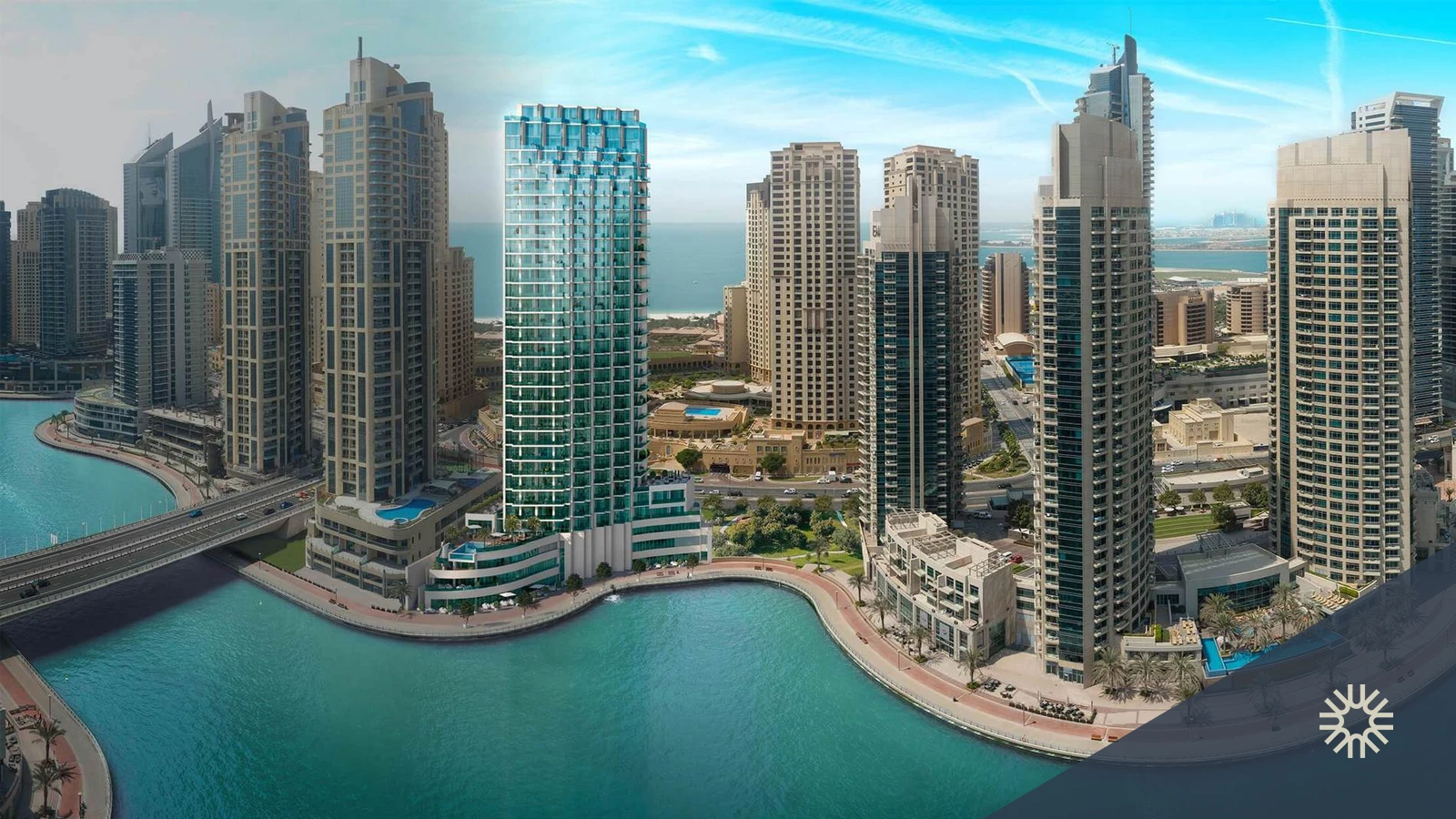From Tourism to Tenancy: How Short-Term Rental Laws Are Shaping Real Estate Investment in Dubai

Dubai’s real estate market has always stood out for its innovative approach and investor-friendly atmosphere. As the city transitions from a tourism-centric economy to a more diversified, tenant-focused one, recent short-term rental laws are significantly impacting how local and international investors view property opportunities. This evolution is not just about hospitality; it's about how rules are guiding long-term financial strategies and shifting real estate dynamics.
Whether you're a seasoned investor or someone considering entering Dubai’s property market, understanding how short-term rental laws affect investment decisions is now more crucial than ever.
Understanding Dubai's Short-Term Rental Landscape
Dubai’s vibrant tourism industry has been a key driver behind the booming short-term rental sector. The city welcomes millions of tourists each year, many of whom prefer the privacy and flexibility of furnished apartments over hotels. To regulate this growing demand, authorities introduced specific licensing requirements and operational standards for holiday homes.
Today, landlords must register their properties as holiday homes through Dubai’s Department of Economy and Tourism (DET) or Dubai Tourism and Commerce Marketing (DTCM). Once licensed, owners can list their units on global platforms like Airbnb or Booking.com. However, the process comes with compliance guidelines, regular inspections, safety measures, and transparency in pricing.
For investors, this regulatory framework has provided clarity and structure, making short-term rentals a legitimate and profitable avenue especially in high-demand areas such as Downtown Dubai, Dubai Marina, and Palm Jumeirah.
The Investor’s Perspective: Opportunities and Cautions
The rise in demand for short-term rentals has certainly opened doors for increased returns. Properties in tourist hotspots now offer landlords the option to generate higher income than traditional long-term leases. This flexibility is especially appealing to international investors who seek rental yields that outperform conventional markets.
However, short-term rentals aren’t without challenges. The licensing process requires compliance with several operational aspects—from tenant management to property maintenance. Moreover, community-specific rules in certain freehold zones limit short-term leasing, urging investors to study building guidelines and master community regulations before making a purchase.
For many, the key is in striking the right balance—investing in properties that are flexible enough to allow both short-term and long-term rental options, depending on market conditions.
Shift Towards Tenant-Driven Communities
Another noticeable shift is the growth of tenant-driven communities where demand for long-term leasing is surging. Areas like Jumeirah Village Circle (JVC), Business Bay, and Dubai Hills Estate are seeing increased interest from residents seeking stability, affordability, and community-centric lifestyles.
As regulations tighten around short-term rentals, more landlords are converting their units to long-term leases, encouraged by steady rental yields and fewer administrative hurdles. This trend aligns well with Dubai’s vision of attracting more expatriates, remote workers, and families who wish to call the city home not just for a vacation, but for the long haul.
Why Laws Matter to Real Estate Strategy
Investors often focus on location, price per square foot, and property features—but in Dubai, understanding the legal framework is equally critical. Short-term rental laws serve as a compass for making informed investment choices. These laws help stabilize the market, ensure fair practices, and maintain quality standards, all of which boost investor confidence.
Moreover, by regulating short-term rentals, Dubai protects long-term residents from market disruptions, ensures building security, and enhances community well-being. This measured approach is positioning the city not just as a tourism hub, but also as a stable residential market with growth potential.
How Smart Investors are Adapting
Astute investors are recalibrating their portfolios to adapt to these legal developments. Some are opting for mixed-use buildings that offer the flexibility to switch between short- and long-term rentals. Others are investing in fully managed properties where real estate agencies handle everything from licensing to guest management ensuring compliance without day-to-day involvement.
There’s also a growing focus on data-driven decision-making. Platforms like DXBInteract, Property Monitor, Bayut, and Property Finder offer valuable insights into rental trends, occupancy rates, and neighborhood performance. By using these tools, investors can make better-informed decisions that align with regulatory shifts and market demand.
Emerging Hotspots for Short-Term and Long-Term Gains
While traditional favorites like Downtown and the Palm continue to attract short-term renters, newer areas like Dubai Creek Harbour, Dubai South, and Sobha Hartland are catching the eye of investors. These communities combine modern infrastructure with high connectivity, making them attractive for both tourists and long-term residents.
Additionally, Dubai’s ongoing focus on sustainability, smart cities, and public transport integration makes these emerging locations future-proof choices for real estate investment.
Navigating the Market with the Right Support
Navigating Dubai’s real estate landscape requires more than just capital it demands local knowledge and legal awareness. This is where the role of experienced real estate brokers becomes invaluable. By working with professionals who understand licensing laws, market behavior, and community trends, investors can avoid costly mistakes and maximize returns.
If you're looking at real estate property for sale in Dubai, particularly with an eye on short-term rental potential, it's vital to work with agencies that have a deep understanding of the city’s rental laws and licensing procedures.
Looking Ahead: The Future of Investment in Dubai
Dubai is continuously evolving, with its real estate market maturing into one of the most regulated, transparent, and investor-friendly markets globally. The shift from tourism-heavy short-term leasing to a more balanced, tenant-focused approach is a natural evolution aligned with long-term growth goals.
Investors who adapt their strategies by staying informed, aligning with legal frameworks, and choosing properties that offer rental flexibility will find themselves well-positioned for success in this dynamic environment.
Whether you're focused on holiday home rentals or long-term tenancy, understanding how short-term rental laws impact your choices is the key to unlocking the true potential of Dubai’s property market.
Ready to Explore Smarter Real Estate Investments in Dubai?
Stay ahead of the curve with expert insights, community trends, and regulatory updates. Visit our main blog page and discover everything you need to make confident, informed investment decisions in Dubai’s ever-evolving real estate market.
Table Of Content
- Understanding Dubai's Short-Term Rental Landscape
- The Investor’s Perspective: Opportunities and Cautions
- Shift Towards Tenant-Driven Communities
- Why Laws Matter to Real Estate Strategy
- How Smart Investors are Adapting
- Emerging Hotspots for Short-Term and Long-Term Gains
- Navigating the Market with the Right Support
- Looking Ahead: The Future of Investment in Dubai
- Understanding Dubai's Short-Term Rental Landscape
- The Investor’s Perspective: Opportunities and Cautions
- Shift Towards Tenant-Driven Communities
- Why Laws Matter to Real Estate Strategy
- How Smart Investors are Adapting
- Emerging Hotspots for Short-Term and Long-Term Gains
- Navigating the Market with the Right Support
- Looking Ahead: The Future of Investment in Dubai













